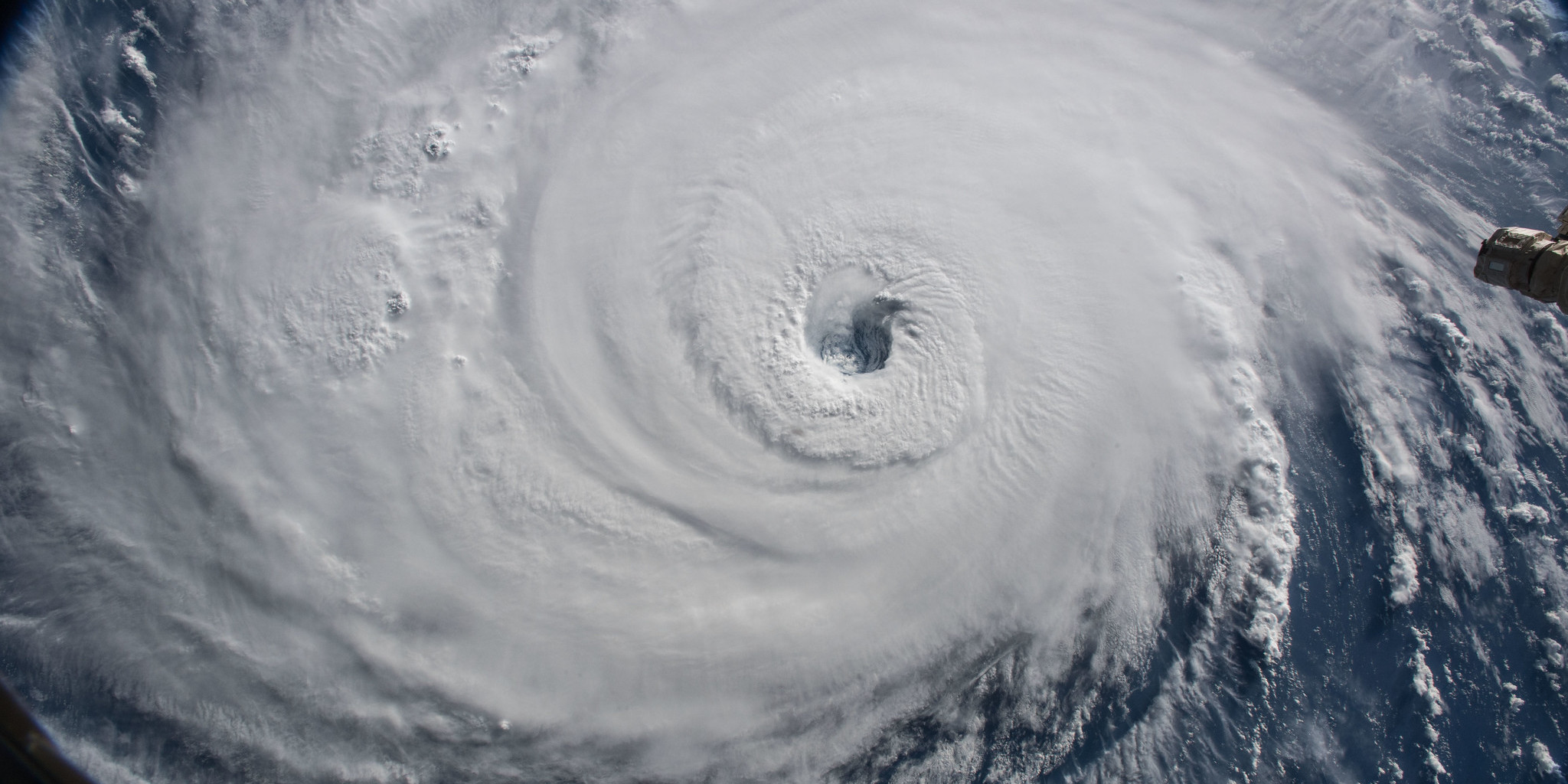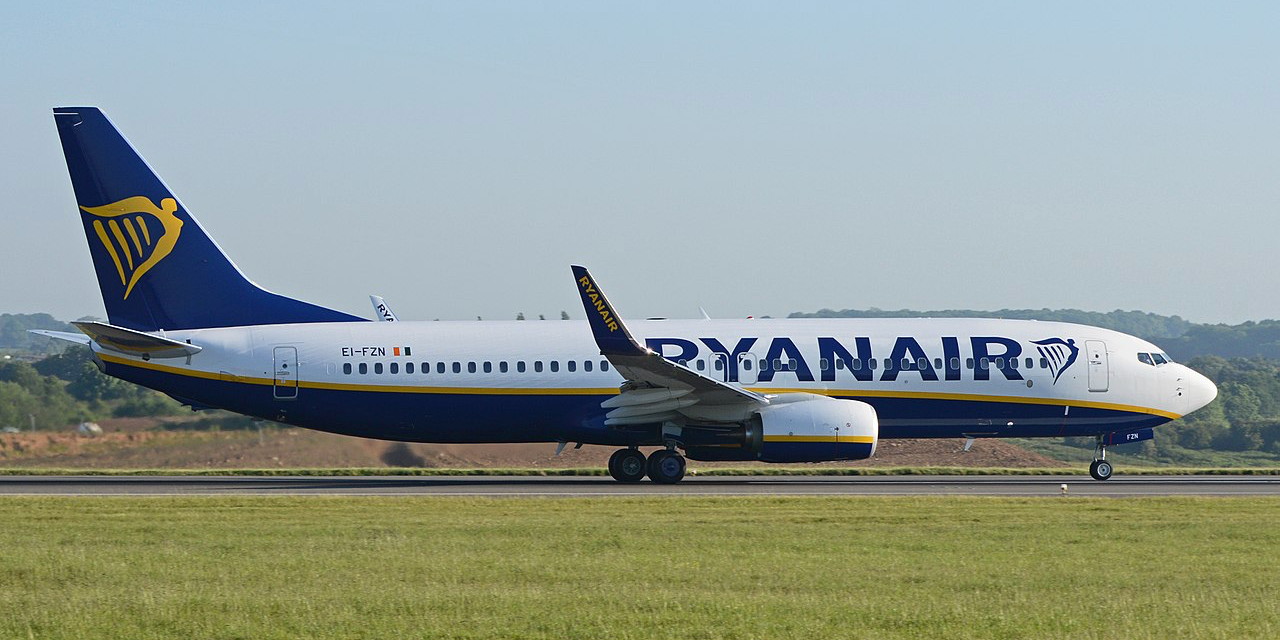Leadership From the Flight Deck
I grew up in a union family. My father was incredibly dedicated to the work of his union, the International Union of Operating Engineers. As a child, I didn’t understand why he spent so much time away from home as a union volunteer. So, I asked him one day.
September is the most active month of the Atlantic hurricane season in the United States. This means that thousands of ALPA members could potentially be impacted by severe weather or catastrophic flooding. When disaster strikes, ALPA’s Pilots for Pilots (P4P) program stands ready to help fellow pilots with immediate financial assistance to anyone who is affected.
Worldwide, one of the biggest threats to the aviation system are atypical employment models, such as the ones being used by Ryanair in several countries in Europe. Employers—through a variety of schemes—use atypical employment to dissolve their direct relationship with their pilots and cabin crews. These arrangements, which may include misclassifying pilots as self-employed or independent contractors, are meant to undermine the right to collectively bargain and otherwise dismantle the traditional employee-employer relationship related to pay, benefits, and working conditions
I recently attended EAA’s AirVenture Oshkosh for the first time. While I had the chance to meet with several important aviation leaders and fly in the right seat of a Ford Tri-Motor (thank you, retired Northwest Capt. Cody Welch and Delta MEC chairman Capt. Ryan Schnitzler), what struck me most about “the world’s greatest aviation celebration” was the incredible sense of community exhibited at this unique annual gathering.
This week, aviation safety experts throughout North America are gathering for the American Association of Airport Executives’ 2019 North American Bird Strike conference in Halifax, Nova Scotia. As a long-standing advocate for reducing the number and severity of bird strikes, ALPA safety representatives joined other industry stakeholders to share information on ways to reduce wildlife hazards and promote awareness on advancements in detection and warning technologies.
Each day, the Association’s safety representatives work with individual airports through ALPA’s Airport Safety Liaison program to give managers and officials the line pilot’s perspective on ways to improve wildlife-mitigation programs. However, while numerous prevention practices are at work, bird strikes still occur. And when one does happen, a report is normally filled out, and what remains of the struck bird is gathered by ground crews and mailed away for expert analysis. Find out what else happens after a bird strike here.





